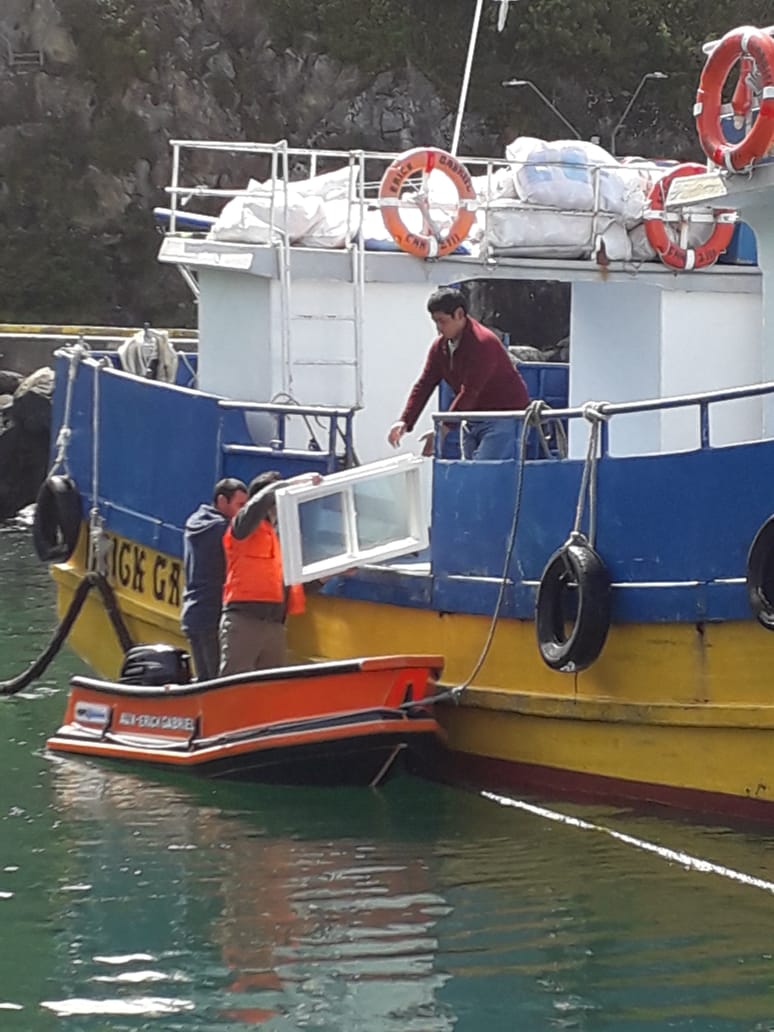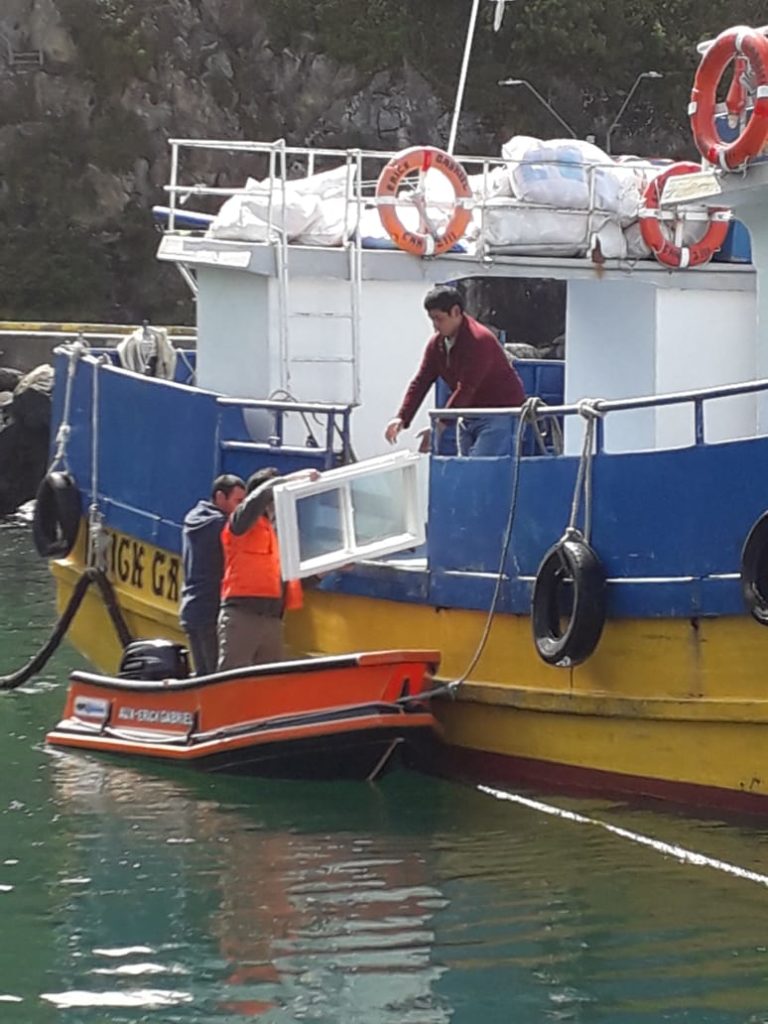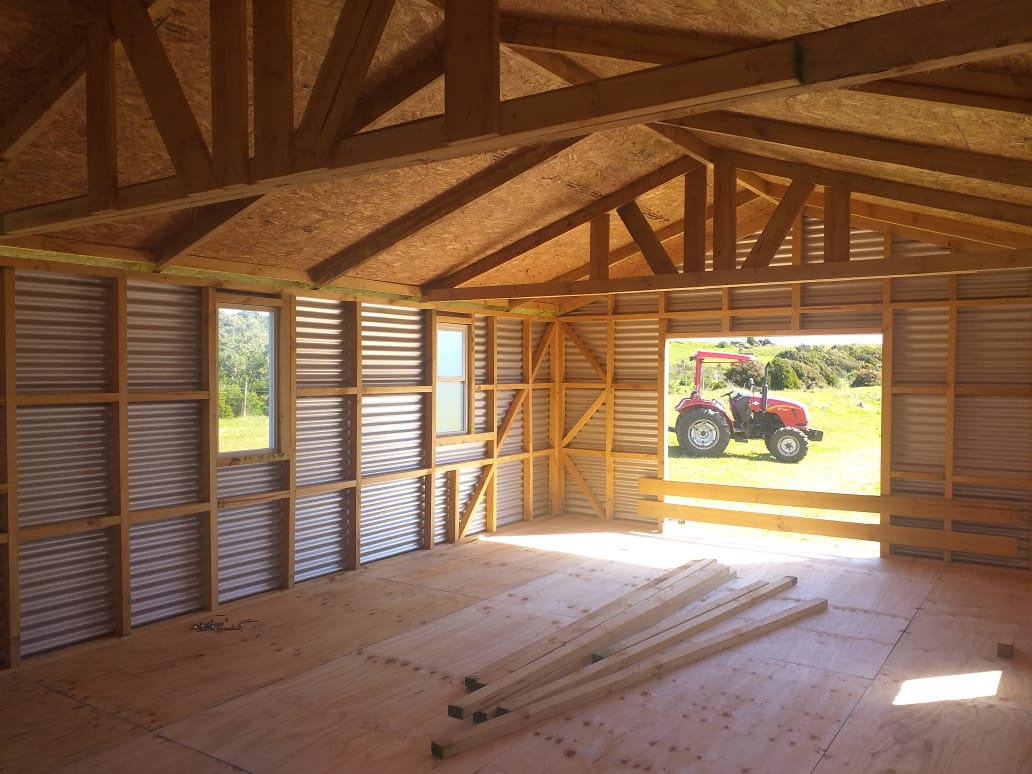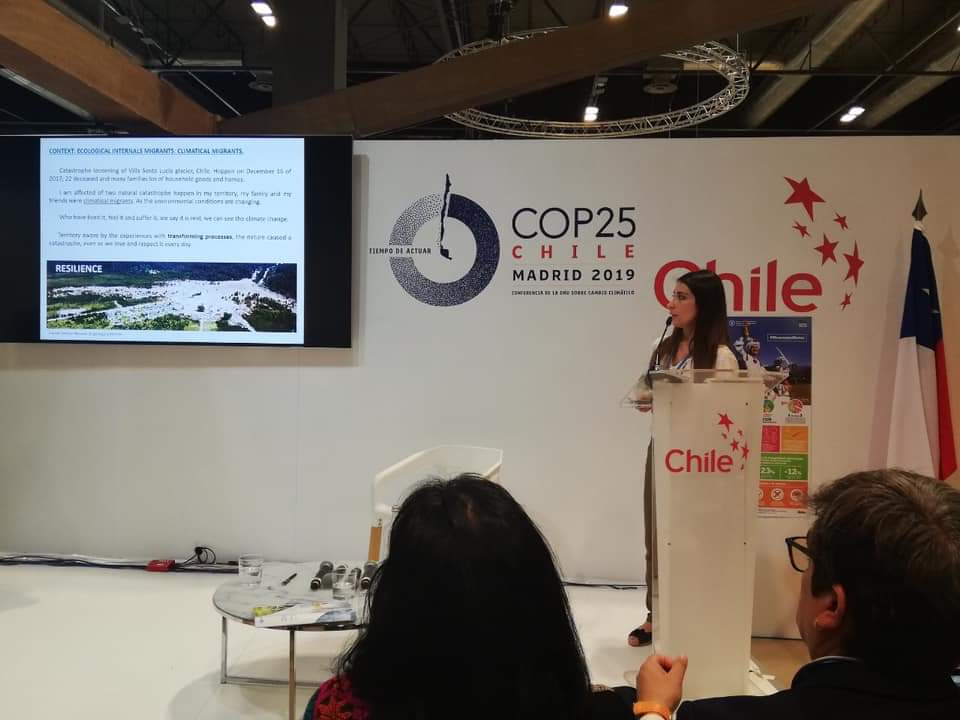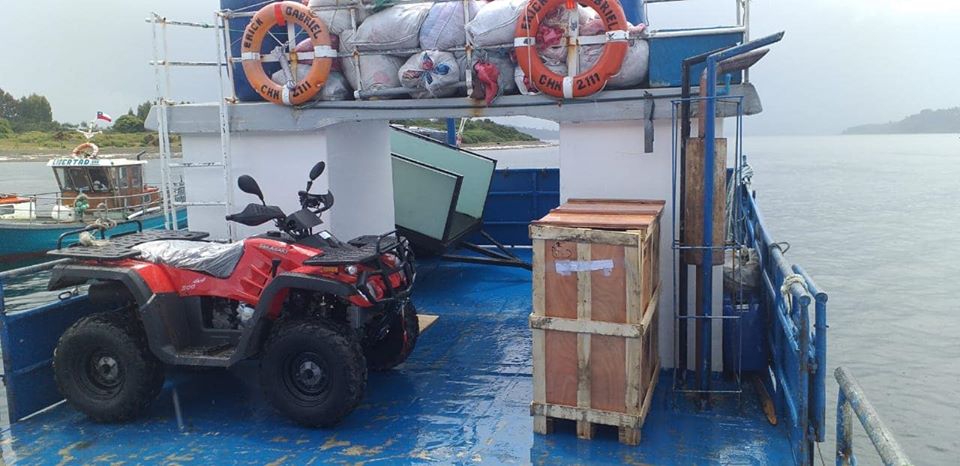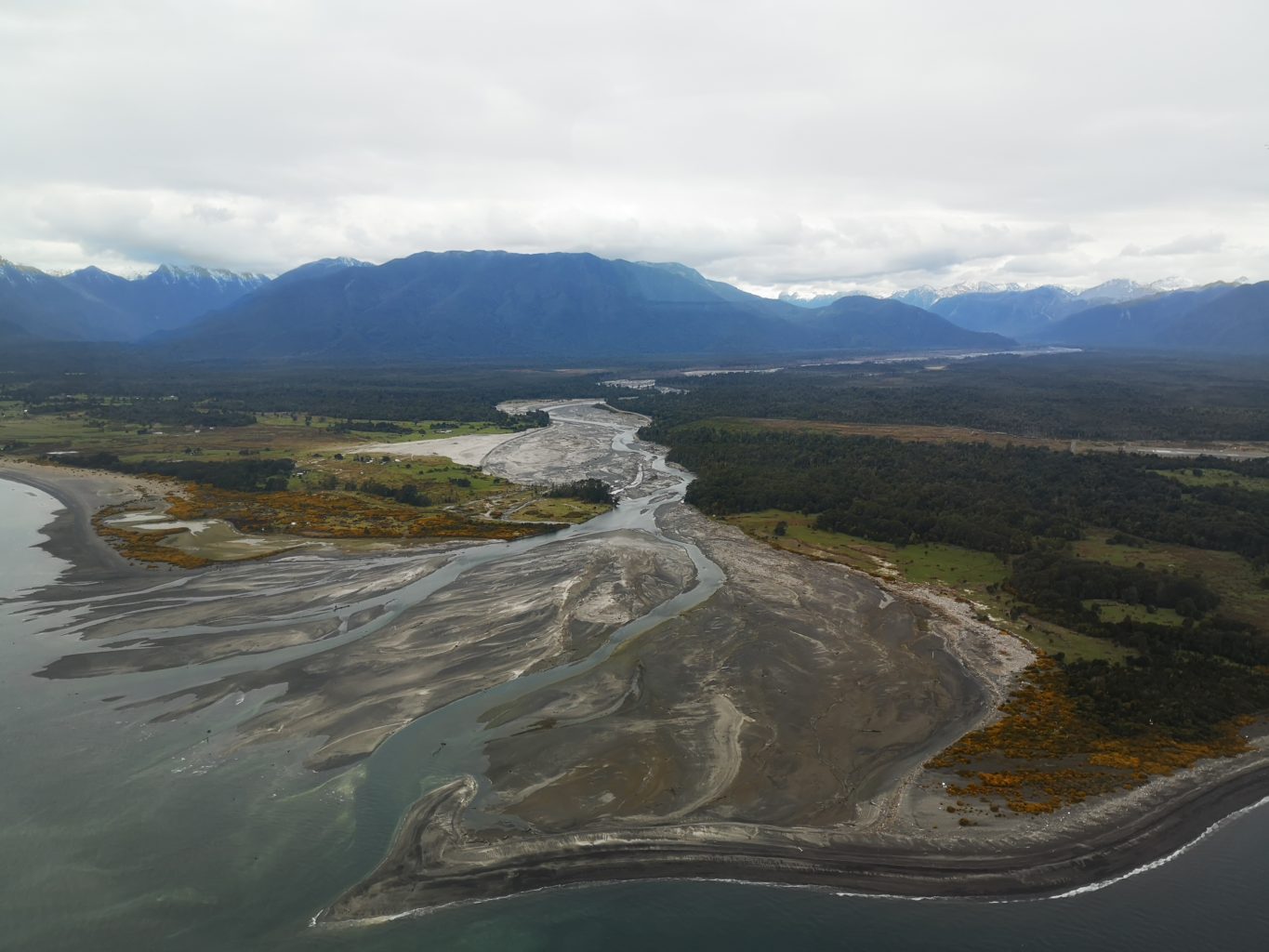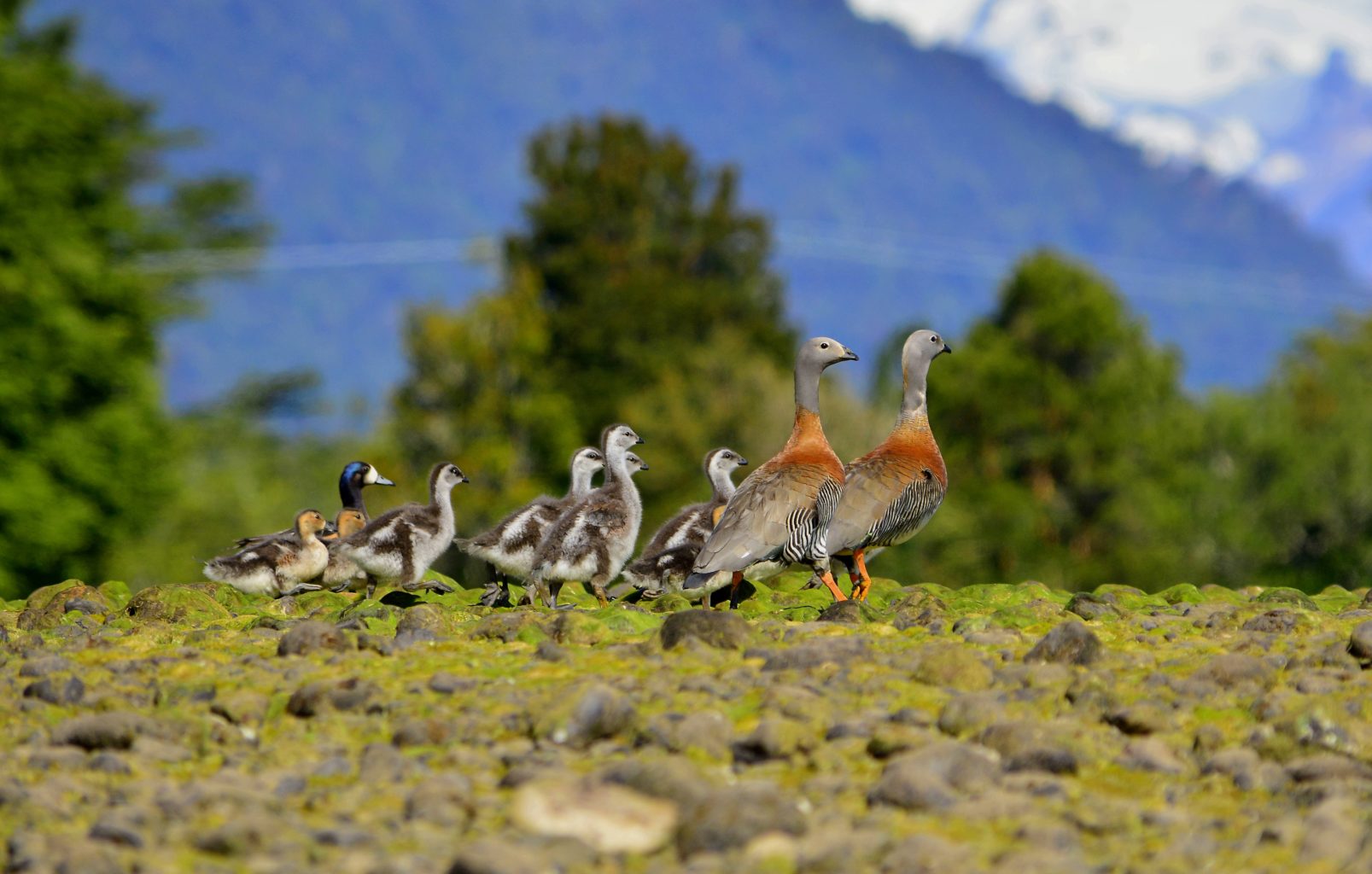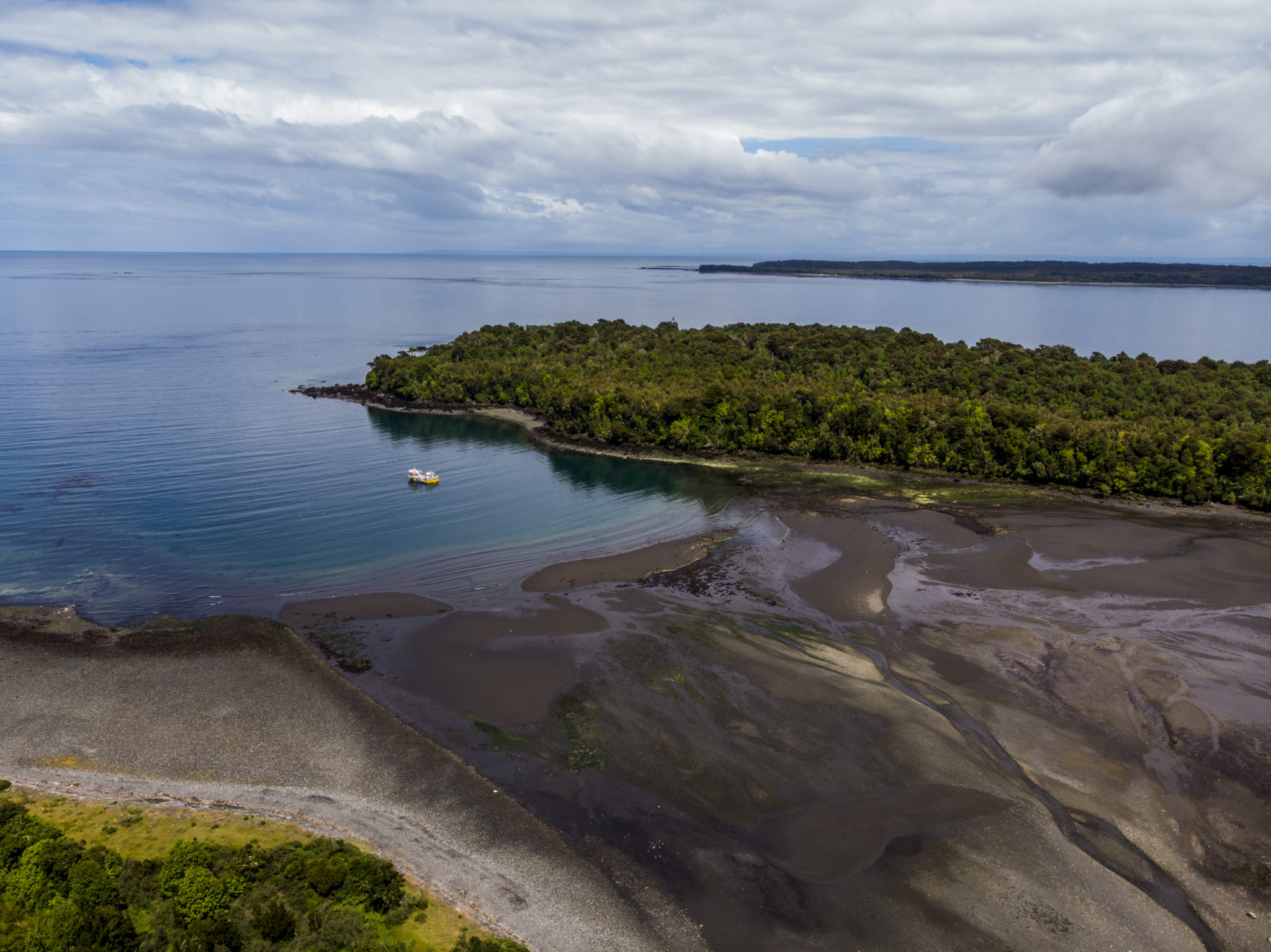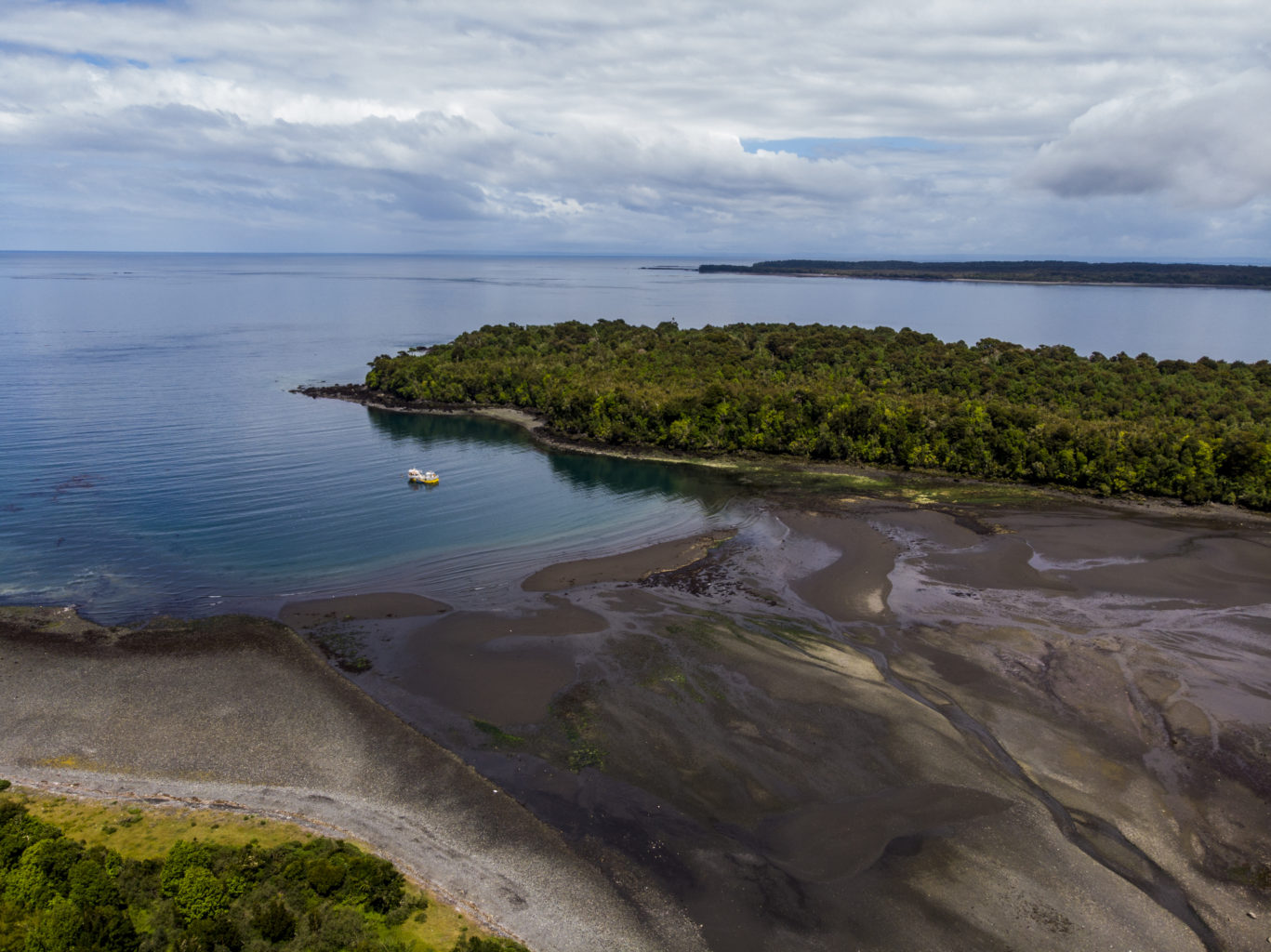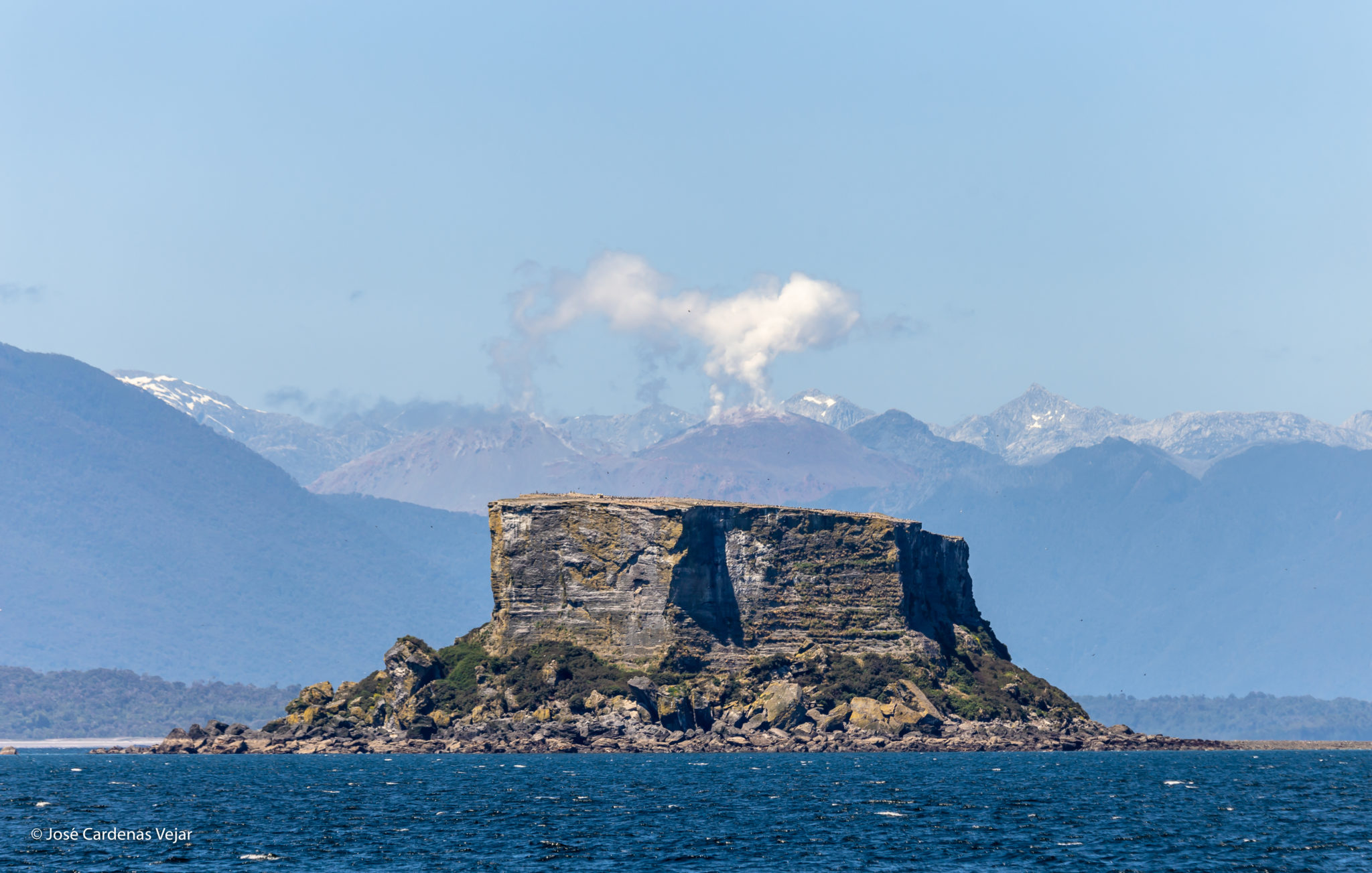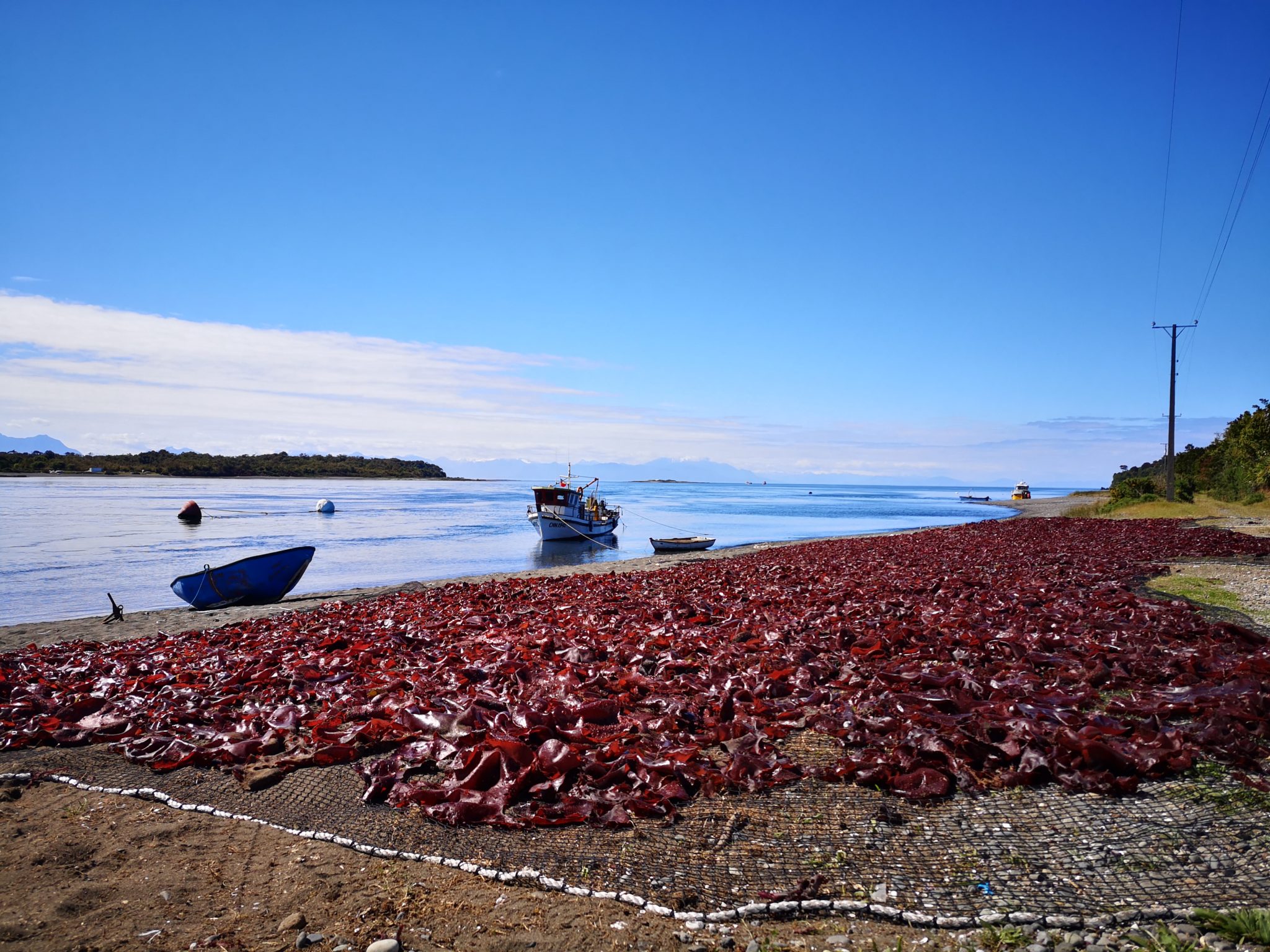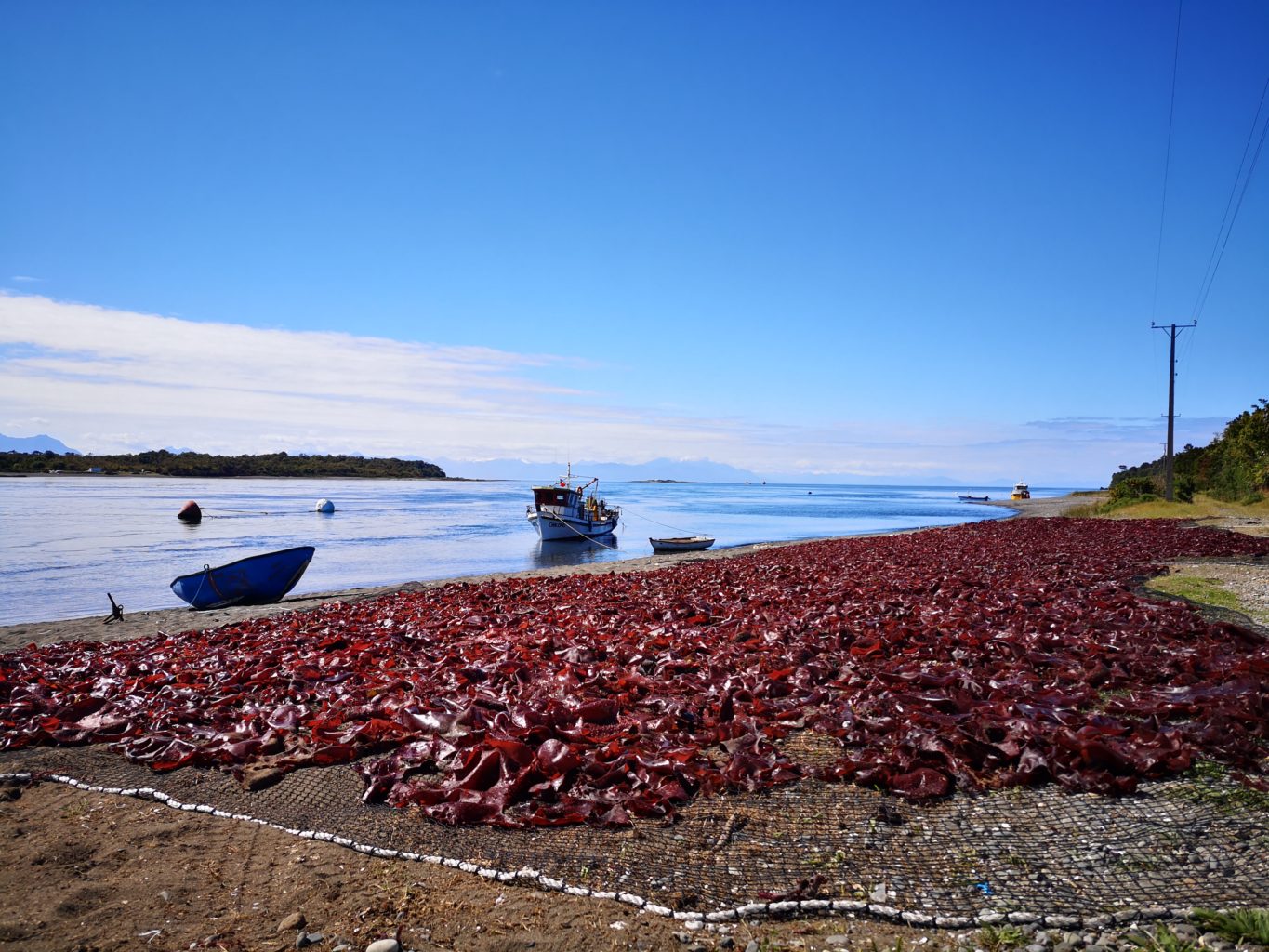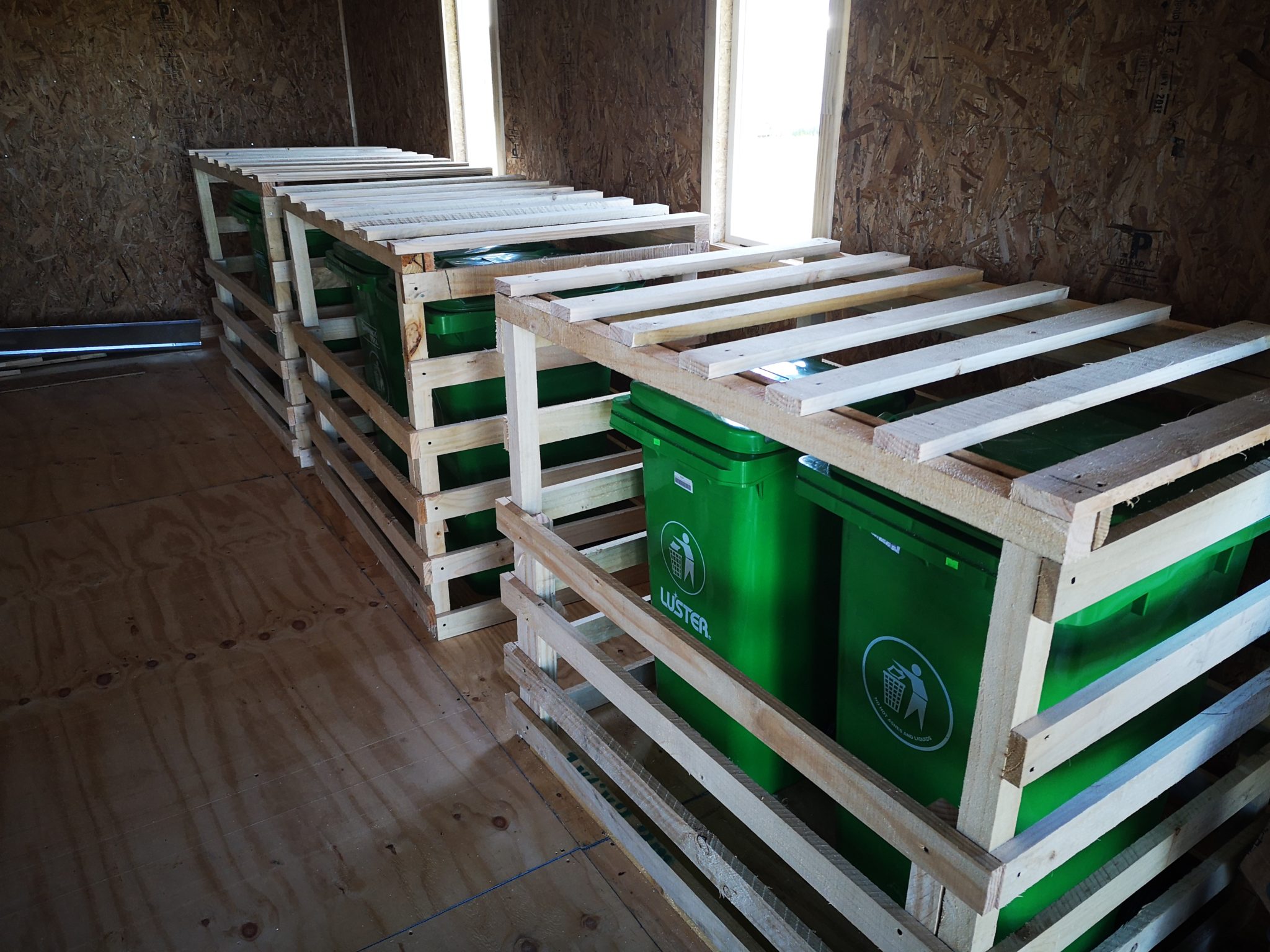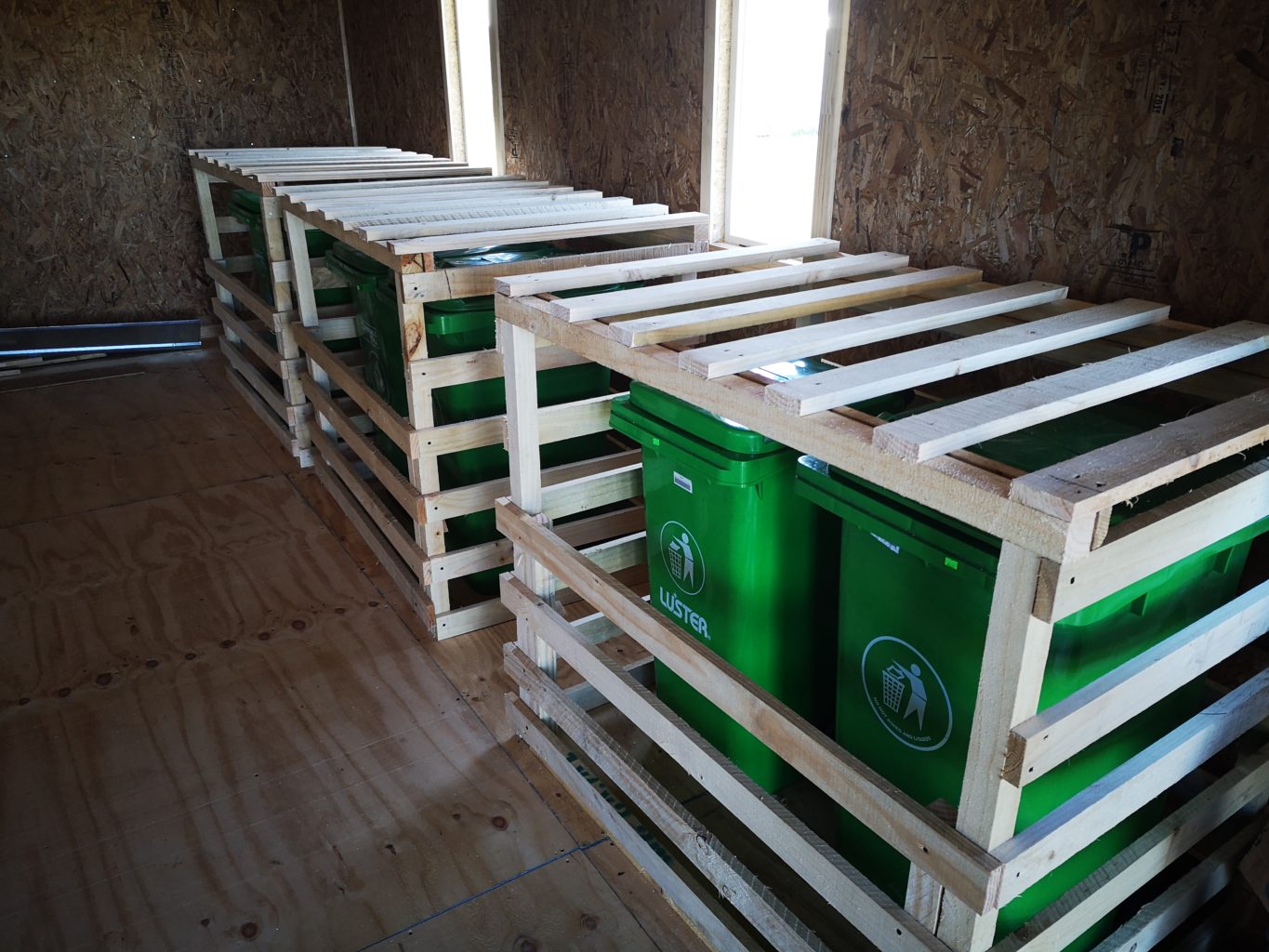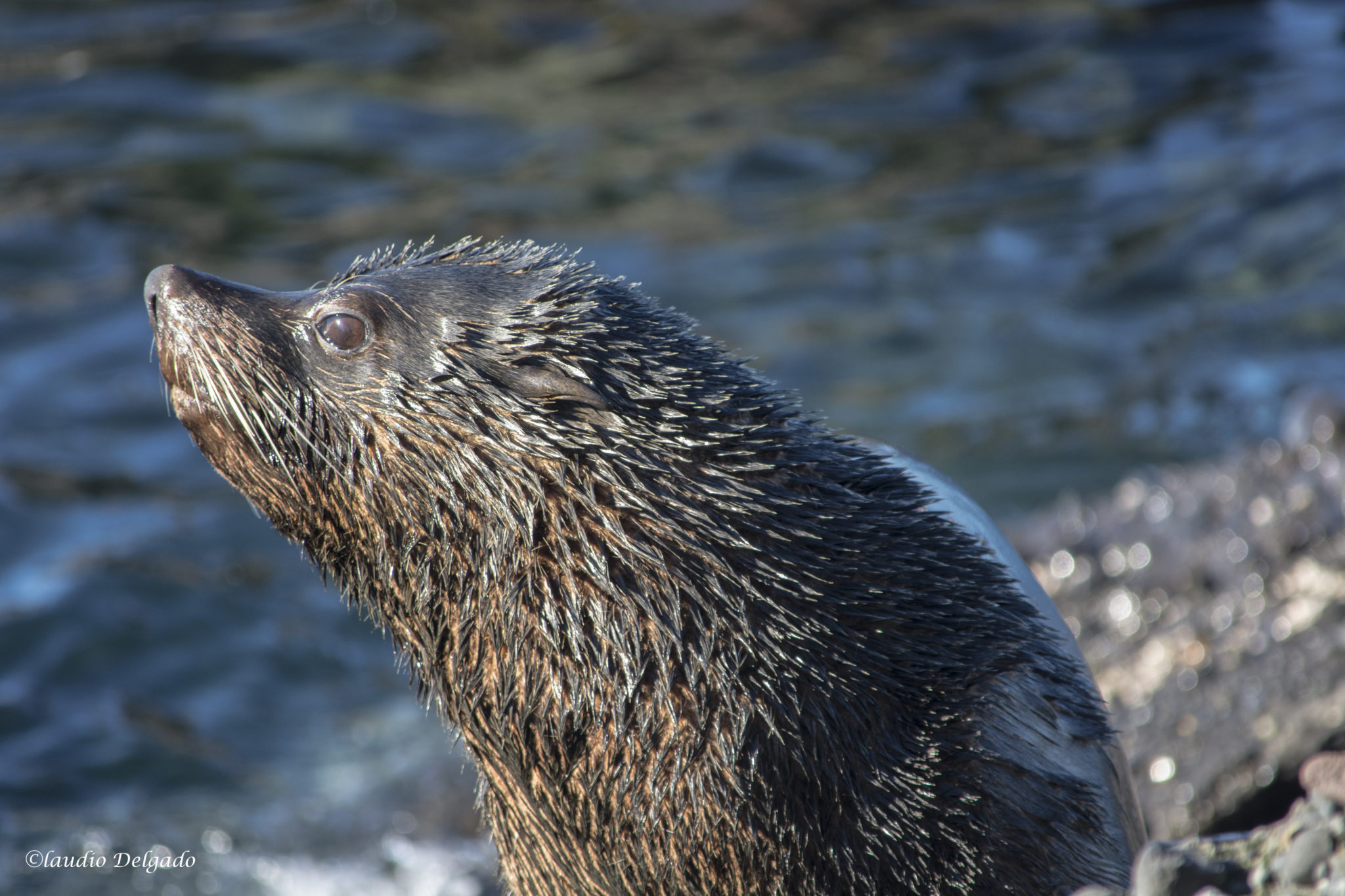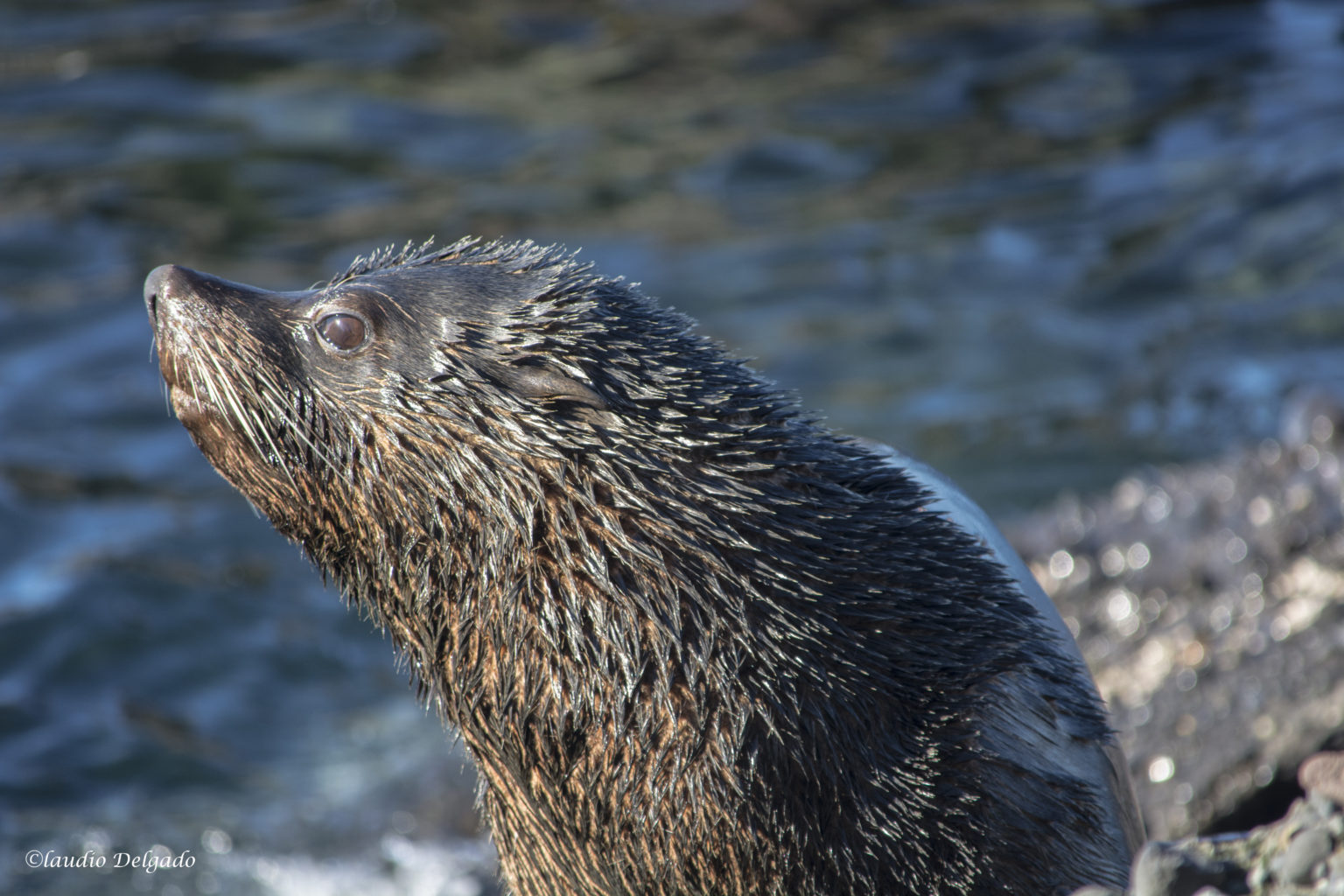The Sea of Chiloé, in southern Chile, has it all when it comes to marine biodiversity: Blue whales, the largest animals in the world; critically endangered right whales; humpback whales; sea lions and fur seal colonies covering rocky outcrops; Peale’s dolphins and the endemic Chilean dolphin. And those are just some of the mammals. More than 200 species of birds live in the Chiloé Archipelago, including the endemic Pincoya storm petrel and Magellanic penguins.
The Mapuche-Huilliche community of Autení Island is leading an effort to get to the government to create a large, permanent protected area in the Sea of Chiloé. Currently, the area has no protection.
This type of MPA is designed to benefit indigenous people, who will play a major role in its management. The proposed management plan calls for better fishing practices and a limit on overall fishing. It will also forbid new salmon farms, a key source of pollution. Ships of the Fisheries Service and the navy would patrol the area; indigenous artisanal fishermen would report violations.
As on many small islands, handling household and business waste on Autení is a serious problem. Salmon and mussel farming operations create plastic waste, and household garbage is also a problem.
The community requested a Seacology grant to attack the waste disposal problem on Autení and nearby Navahue Island. A grant will fund an integrated waste management system. There will be of trash collection points, training for community members, and a chipping machine powered by electricity from solar panels. From the island facility, compacted waste will go to a mainland recycling and disposal center.




